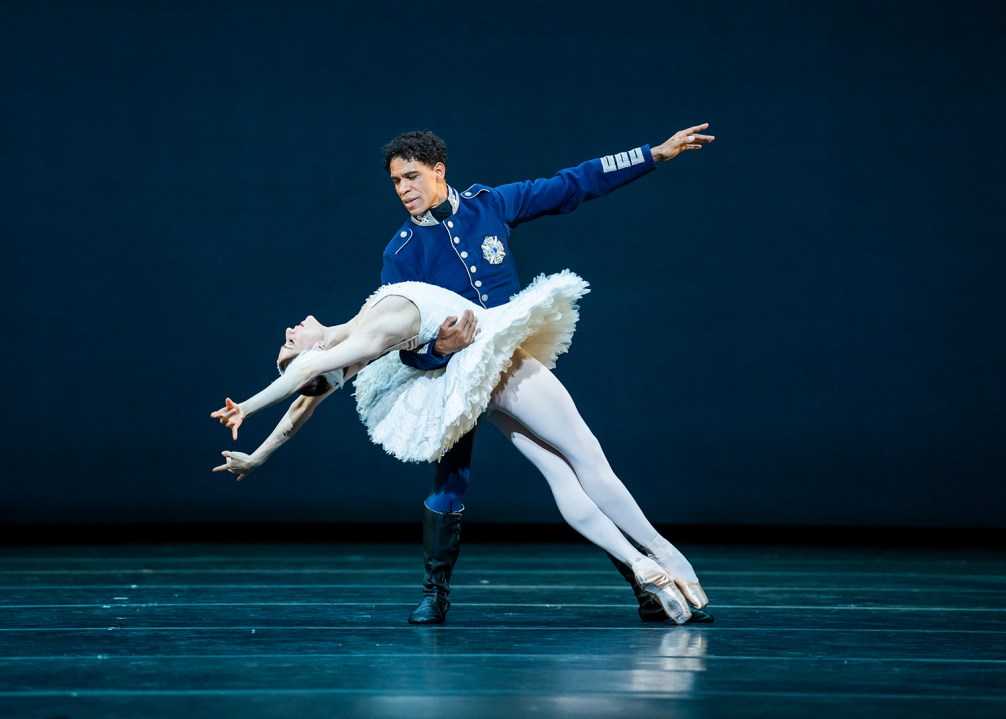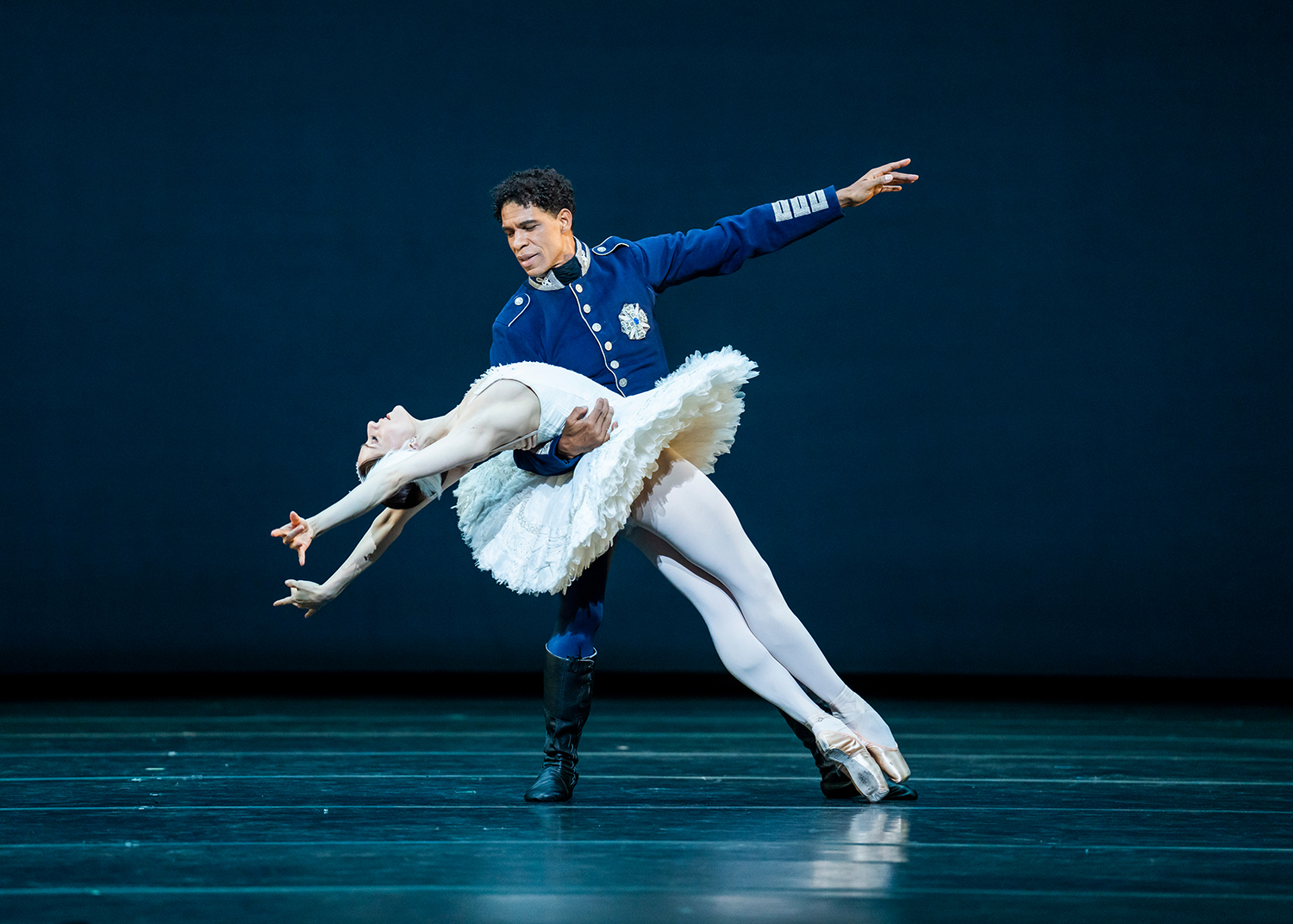In 2015 Carlos Acosta announced his retirement from the Royal Ballet and the classical repertory. It seemed like the right moment; he was 42 and, truth to tell, some of us could detect a slight waning of his prowess and physique. Time to move on: since then, he has done great work in his native Cuba and is currently a venturesome artistic director of Birmingham Royal Ballet. He is a rather wonderful person.
Eight years after his withdrawal from Covent Garden, however, he has made a brief return – addressing an itch, he says, that had to be scratched. The house sold out for five nights running and the reception was rapturous, but I am left with mixed feelings.
One was conscious of how Acosta had lost his beautiful soft jump, as lithe and effortless as a panther’s
Few things are more agonisingly embarrassing than witnessing a once great artist who can no longer hack it but won’t let go of past glory. (I had the misfortune to be there for Callas’s disastrous final London concert and squirmed at Nureyev’s dogged earthbound latter days.) Acosta by no means made a fool of himself – he remains in superb shape by all normal standards – but one was conscious of how carefully tailored his dancing was, how his energy was conserved rather than expended and how he had lost his beautiful soft jump, as lithe and effortless as a panther’s.
It doesn’t make sense to have Balanchine’s Apollo danced by a mature man – it’s a parable of callow youth acquiring wisdom and inspiration – so Acosta’s interpretation doesn’t yield much resonance. Yet he knows this choreography so intimately and does what he can with such tact and clarity that he got away with it, and his exceptional partnering skills are undimmed. How tenderly and courteously he squired his beloved Marianela Nunez, both as Apollo’s muse Terpsichore and later in the programme as melancholy Odette and skittish Manon. She, by the way, was sublimely deliquescent throughout.
Among other items featured I was delighted to see the return of former ENB luminary Laurretta Summerscales, now based in Munich, even if I don’t think her lyrical style well suited to the Le Corsaire pas de deux, danced in tandem with her husband, Acosta’s nephew Yonah. I could have done without Valery Panov’s maudlin setting of Wagner’s Liebestod (not music to dance to). Acosta looked touchingly thrilled to bits at the curtain calls, but I trust he won’t repeat this vanity exercise: please leave us our great memories intact.
After decades of absence from London – until the 1980s, it was a fairly regular visitor – the Australian Ballet returned, led by its new-broom artistic director David Hallberg. The company, modelled in many respects on the Royal Ballet, looked in excellent shape throughout its ranks, even if there is no evidence of stand-out brilliance at the top level. Where have all the ballerinas gone? I suppose lively girls today would rather be lionesses than sylphides.
Hallberg had chosen Balanchine’s tripartite Jewels as his showcase and it duly sparkled. The first section, ‘Emeralds’, is somewhat problematic, subtly fragrant though it is: Fauré’s wafty, wispy music doesn’t give the choreography much kick, and with less than exquisite dancing, the effect can be a tad soporific. Of the two casts I saw, it was a member of the corps, Grace Carroll, who had the better idea of the impressionistic fluidity required. ‘Rubies’, fired up by jazzy Stravinsky, crackled with playful wit and menace, while ‘Diamonds’, to Tchaikovsky’s truncated Symphony No. 3, glowed with all the splendours of Tsarism – Benedicte Bemet and Callum Linnane (dancing with different partners) excelling in the magically mysterious pas de deux at its centre.
An impressively stylish and well-drilled corps, plus gorgeous scenery by Peter Harvey and costumes by Barbara Karinska, all added to the eclat. In the enforced absence of the Russians, these Aussies are particularly welcome summer guests; I hope they come back soon.







Comments